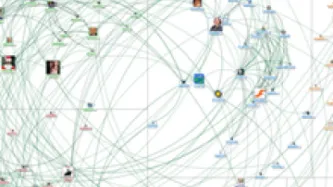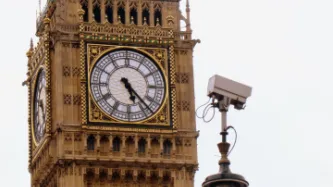Search
Content type: News & Analysis
Privacy International has joined a global coalition of privacy campaigners, tech companies, and technology experts to respond to proposals by British intelligence chiefs aimed at allowing them access to encrypted messaging apps such as WhatsApp or Signal.
If implemented, the proposals would allow government authorities to force messaging platforms to silently add a law enforcement participant to a group chat or call.
Such a capability poses serious threats to…
Content type: News & Analysis
In the wake of tragic attacks in France, politicians from across the world are calling for dramatically expanded surveillance powers, to spy on our phonecalls, ban encrypted communications such as WhatsApp and iMessage, and store details about our international travels for years on end.
If it feels like you've heard this story before, it's because you have. With each violent attempt by extremists to terrorise society, our political leaders dust off old, failed proposals such as the UK…
Content type: News & Analysis
Privacy International welcomes the absence of a Communications Data Bill in the Queen's Speech. The Communications Data bill was originally set to significantly expand the powers of communications surveillance in the UK and set another bad standard globally. Because of the work by Parliamentarians, a concerted effort by civil society groups and some within industry, this expansion was avoided, for now. However the Queen's Speech did include a mention of new proposals:
In relation…
Content type: News & Analysis
The Home Office has been planning a grab for new communications surveillance powers since 2006; today, the Draft Communications Data Bill established in legislative language their ambitions.
Yes, as they will point out, it isn't their the full scope of their ambitions. In 2008, under Labour, they proposed the idea of a vast centralised database of the nation's communications data. In 2009 they abandoned the idea of a central database. Since then, a new government has been elected,…



